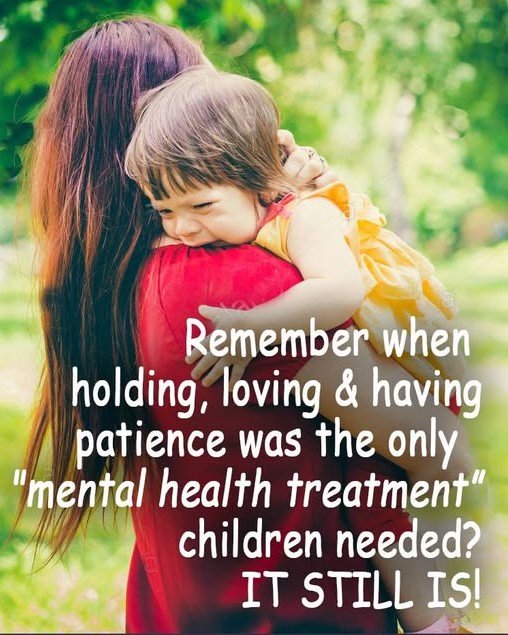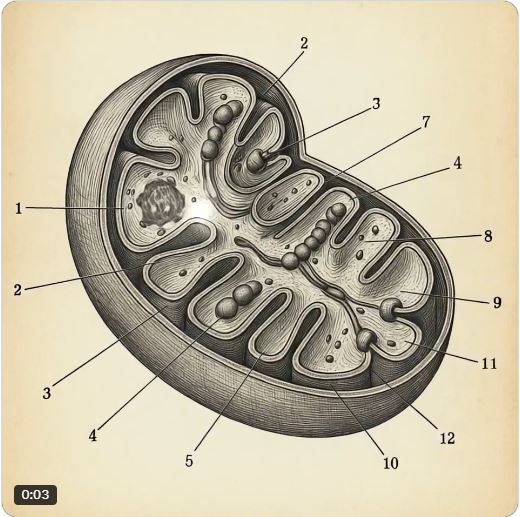
Finish reading: https://x.com/LxngevityLab/status/1962512755568570878

Tom's Blog on Life and Livingness

Finish reading: https://x.com/LxngevityLab/status/1962512755568570878
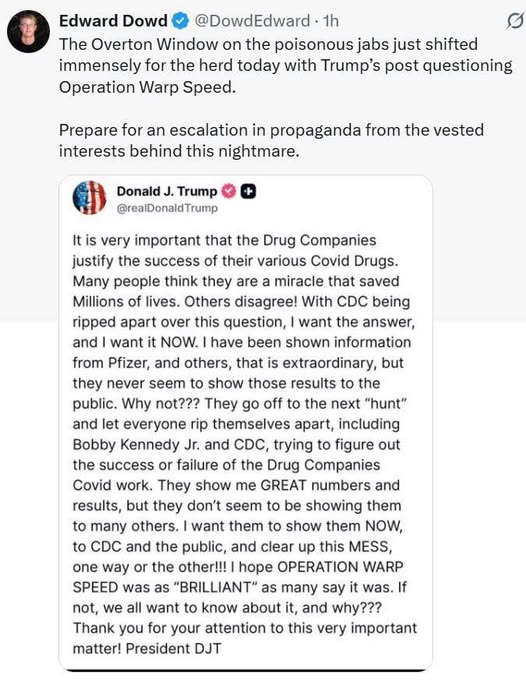
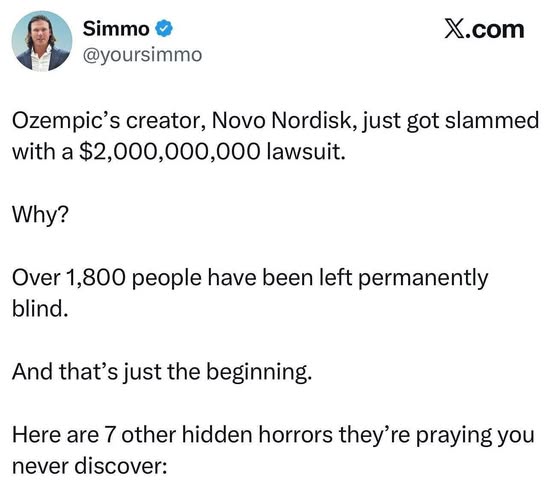
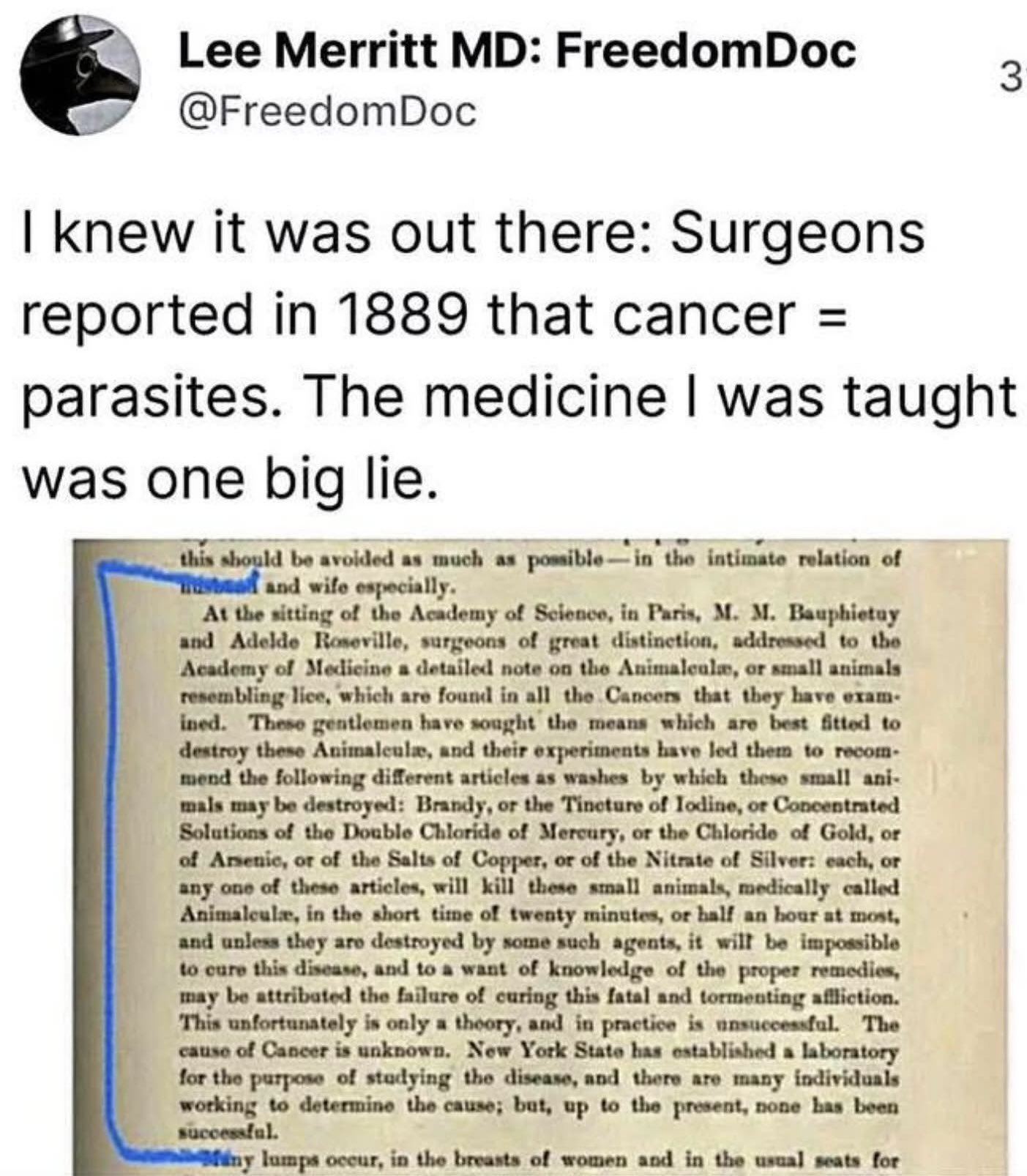
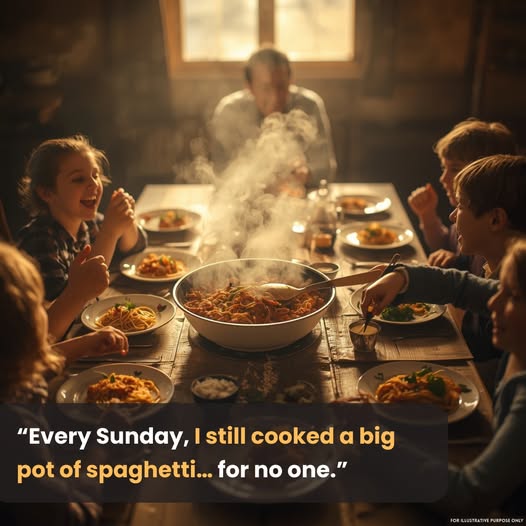
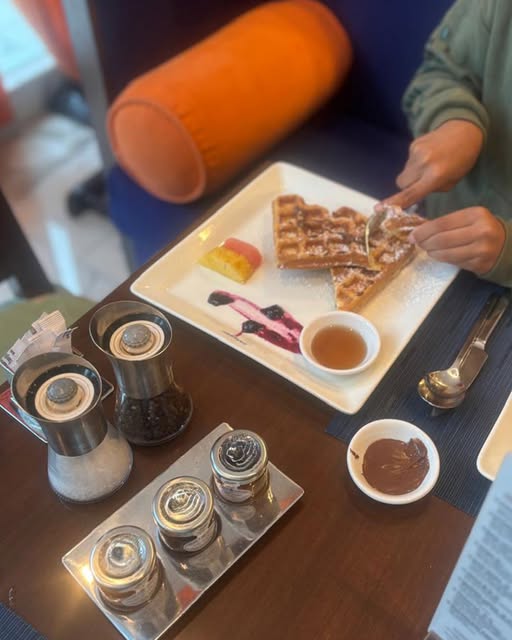
“Constant kindness can accomplish much. As the sun makes ice melt, kindness causes misunderstanding, mistrust, and hostility to evaporate.” Albert Schweitzer – Humanitarian (1875 – 1965)
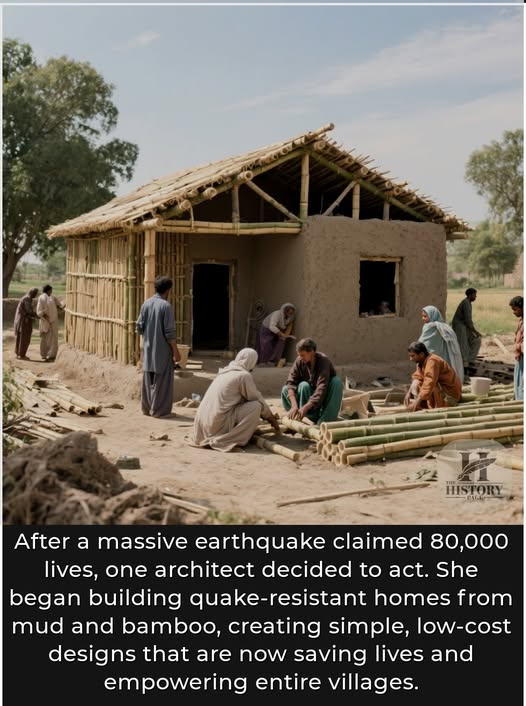
In 2005, a devastating earthquake struck Northern Pakistan, killing 80,000 people and leaving over 400,000 families without a home. Amidst the rubble, a remarkable woman named Yasmeen Lari saw a chance to rebuild not just houses, but hope.
Yasmeen is Pakistan’s first female architect. For years, she designed large, modern buildings for corporations, but the 2005 tragedy changed her path.
She turned her focus to helping the people who had lost everything. She began designing homes that were not only safe but could be built by the villagers themselves.
Instead of expensive concrete and steel, she turned to the wisdom of the past. Her designs used local, traditional materials like bamboo, mud, and lime.
These materials, when used in her innovative structures, create homes that are surprisingly resilient against earthquakes. The buildings are designed to be low-cost, zero-carbon, and zero-waste.
She founded the Heritage Foundation of Pakistan to teach these techniques, empowering communities to build their own safe and sustainable futures. The organization has helped build tens of thousands of these structures.
It’s a powerful example of using simple, God-given materials and knowledge to solve incredible challenges.
Yasmeen Lari’s work has provided shelter for countless families and created a model for disaster-resilient housing around the world.
Sources: Architectural Digest, Heritage Foundation of Pakistan
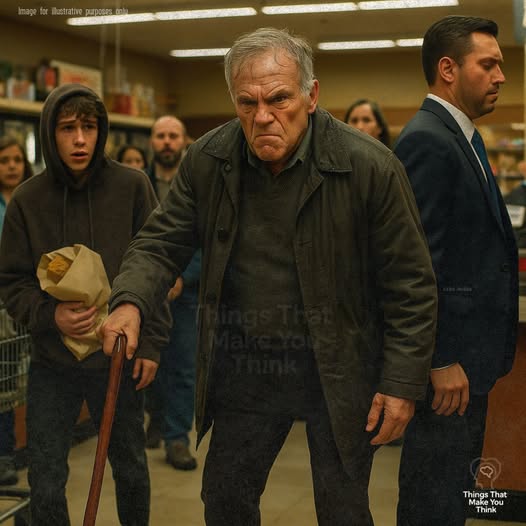
“Kid, if you can’t even buy groceries, maybe you shouldn’t be here wasting our time.”
The air tightened. The boy froze, ashamed and angry at once. His jaw clenched. He looked ready to bolt.
I don’t know what came over me. But I slammed my cane down hard on the linoleum. The sound cracked through the checkout lane.
“Hey!” I barked. “Show some damn respect.”
The man turned, annoyed. “Excuse me?”
“You heard me,” I said, voice rough. “You don’t know this boy. You don’t know his battles. Don’t you dare stand there and belittle him.”
A few heads turned. The cashier froze. The man scoffed, gesturing at the boy.
“Oh really? And you do? He’s just another punk kid.”
I felt my chest burn, same as it did years ago when someone disrespected one of my own in uniform. My voice came out low, steady.
“I buried friends who were judged before anyone gave them a chance. Don’t you dare do it again—not in front of me.”
Silence. You could hear the rain on the roof. The man shifted uncomfortably, muttered something under his breath, and looked away.
The boy just stood there, fists tight at his sides, breathing hard.
I pulled out my wallet. The bills were soft from being folded too long. I slid a twenty across the counter.
“Ring it up,” I said. “And keep the change.”
The boy’s eyes shot wide. “Sir, I—I can pay you back. I promise.”
I put a hand on his shoulder, steadying him. “Don’t pay me back. Just promise me something.”
He blinked, waiting.
“Next time you see someone carrying a load—doesn’t matter if you can see it or not—you carry it with them.”
The boy swallowed hard, nodded fast. His eyes were wet. “Yes, sir. I will.”
The cashier bagged his food quietly. The boy gathered it up, still shaking, and walked out into the rain.
The man in the tie? He looked at the floor, pretending not to exist. The rest of the line had gone quiet. A mother holding her toddler whispered, “God bless you.”
I didn’t feel like a hero. My knees ached. My voice trembled. But as I left the store, groceries in hand, something inside me felt lighter.
A week later, I went back for more coffee. Rain again, because that’s how this town likes to treat you. As I stepped out of the store, I stopped.
Across the parking lot, near an old sedan, I saw the boy. He was helping an older woman—had to be in her eighties—load heavy bags into her trunk. She tried to wave him off, but he shook his head and kept lifting, careful and steady.
When he turned, our eyes met. He didn’t smile. He didn’t need to. He just gave me a small nod.
I nodded back. My throat tightened.
Driving home, I thought about Linda. She used to say, “George, kindness isn’t about speeches. It’s about action, quiet and simple.”
She was right.
It isn’t about saving the world. It isn’t about grand gestures. Sometimes it’s a twenty slipped across a counter. Sometimes it’s a teenager loading groceries in the rain.
And sometimes… it’s an old man slamming his cane down and refusing to let cruelty win the day.
We don’t always know what someone else is carrying. But if we shoulder just a little piece of it—just enough to let them breathe—then maybe, just maybe, the world gets lighter for all of us.
The world doesn’t change through speeches or politics. It changes in grocery aisles, in rain-soaked parking lots, in the quiet weight of kindness.
Pass it on.
